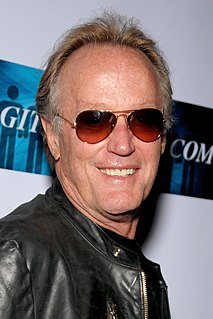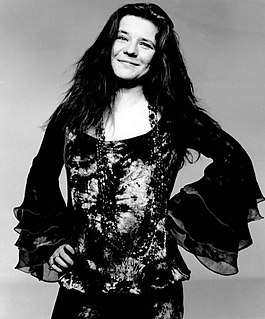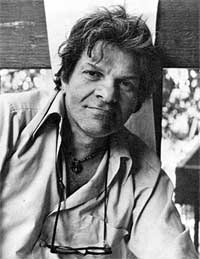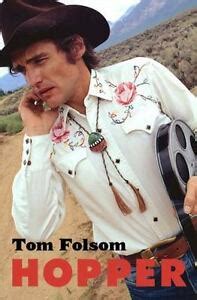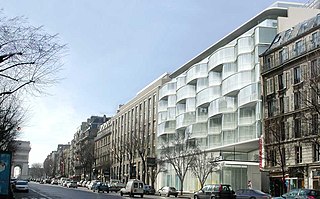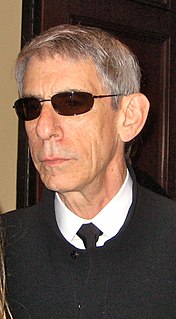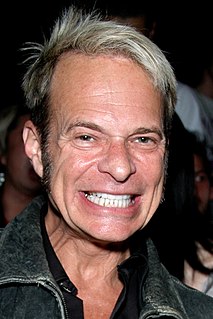A Quote by Richie Havens
We had been reading about these beatniks who hung out or lived in Greenwich Village, and we wanted to find out what a 'beatnik' was, and so a friend and I went right to the source. What we learned, of course, was that beatniks were mostly artists.
Related Quotes
I had wanted to come back to Greenwich Village ever since I had left Waverly Place, and since moving to West Eleventh Street, I have never lived anyplace else. I do not want to. That is not because of what the Village is but because of what I have made it, and what I have made it depends on who I am at the time.

